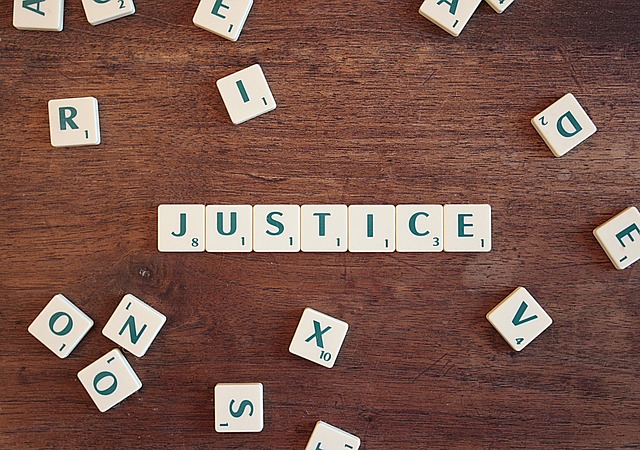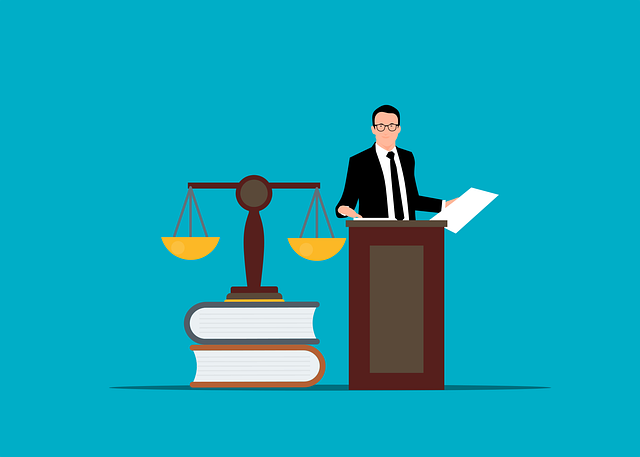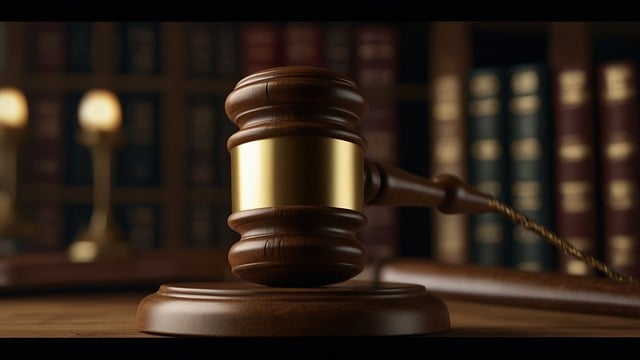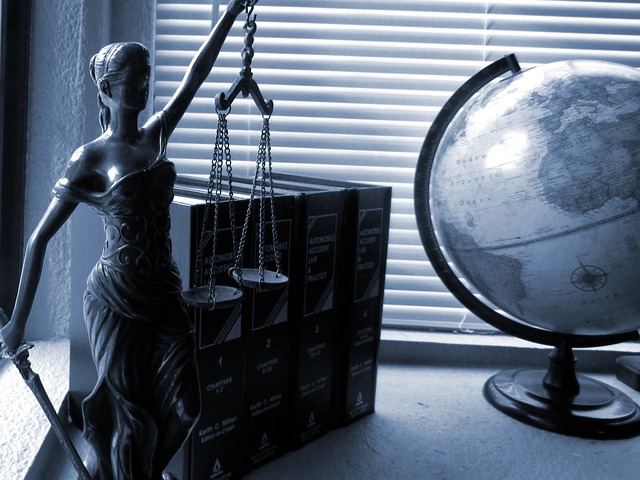Understanding your legal rights is paramount when facing criminal charges in Marion County. Choosing an experienced and communicative criminal justice defense attorney is crucial for navigating complex proceedings and ensuring a fair trial. A robust defense strategy involves fact-finding, evidence gathering, and challenging prosecution evidence. Skilled attorneys scrutinize evidence, employ strategic tactics, and protect client rights throughout court processes, potentially leading to acquittal or reduced charges via appeal.
Facing criminal charges in Marion County can be overwhelming, but understanding your legal rights is a crucial first step. This comprehensive guide delves into the intricacies of navigating the criminal justice system here. From choosing the right criminal defense attorney to building a solid strategy and challenging evidence, we provide essential insights. Learn how to navigate court proceedings step-by-step and explore potential outcomes. Equip yourself with knowledge to make informed decisions in your defense.
- Understanding Your Legal Rights in Marion County
- Choosing the Right Criminal Defense Attorney
- Building a Solid Defense Strategy
- Investigating and Challenging Evidence
- Navigating Court Proceedings Step-by-Step
- Potential Outcomes and Next Steps After Trial
Understanding Your Legal Rights in Marion County

In Marion County, understanding your legal rights is paramount when facing criminal charges. The criminal justice system can be complex and intimidating, but knowledge is a powerful tool for anyone accused of a crime. Familiarize yourself with your right to remain silent; anything you say can and will be used against you in court. You are also entitled to legal counsel, and if you cannot afford an attorney, one will be appointed to represent you. These foundational rights ensure that the process remains fair and just.
Knowing your options is crucial for effective criminal justice defense. This includes the right to a speedy trial, the ability to confront witnesses against you, and the possibility of cross-examining them. Additionally, you have the right to appeal any conviction, ensuring that there are checks in place to prevent wrongful convictions. Understanding these rights empowers you to actively participate in your defense and navigate the legal process with confidence.
Choosing the Right Criminal Defense Attorney

Choosing the right criminal defense attorney in Marion County is a crucial step in navigating the complex criminal justice system. Look for an attorney with extensive experience in handling cases similar to yours, as this ensures they understand the nuances and potential outcomes. It’s also essential to find a lawyer who communicates effectively, keeping you informed every step of the way. Clear and open dialogue can help manage expectations and ensure your rights are protected.
Beyond technical skills, consider an attorney who demonstrates a genuine concern for their clients’ well-being. A compassionate advocate can provide emotional support during stressful times, advocating fiercely on your behalf in court. Remember, the relationship between lawyer and client is built on trust, so choose someone you feel comfortable with and who has a proven track record of success in criminal defense.
Building a Solid Defense Strategy

Building a solid defense strategy in Marion County for facing criminal charges is paramount. It involves a meticulous process where every detail matters. Legal experts emphasize the need for thorough fact-finding, gathering compelling evidence, and identifying potential witnesses who can corroborate the defendant’s story. Understanding the specific laws and legal precedents related to the case is crucial for crafting a robust defense.
A well-prepared defense strategy should address procedural aspects, ensuring compliance with local court rules and deadlines. It may involve challenging the prosecution’s evidence through cross-examination or moving to suppress ill-obtained evidence. Skilled criminal justice defense attorneys play a pivotal role in navigating these complexities, providing their clients with the best possible outcome in what can be a stressful and confusing legal process.
Investigating and Challenging Evidence

In the intricate process of defending against criminal charges in Marion County, a cornerstone strategy lies in investigating and challenging the evidence presented by prosecutors. Skilled criminal justice defense attorneys meticulously scrutinize every detail, aiming to uncover weaknesses or discrepancies. This involves a deep dive into the collection, handling, and presentation of evidence to ensure its integrity and reliability. By questioning the methods employed during investigations, experts can expose potential biases or errors, undermining the prosecution’s case.
The challenge extends to both direct and circumstantial evidence, requiring a comprehensive understanding of legal standards and procedural rules. Defense teams may employ various tactics, such as expert testimony, motion filings, and cross-examination, to cast doubt on the accuracy or significance of key pieces of evidence. Ultimately, this strategic approach seeks to protect the rights of the accused, ensuring a fair trial within the criminal justice system.
Navigating Court Proceedings Step-by-Step

Navigating court proceedings can be a complex and daunting task, especially for those facing criminal charges in Marion County. The first step is to understand that a criminal justice defense involves a series of well-defined processes designed to ensure fairness and due process. Upon being arrested or charged, individuals have the right to remain silent and consult with an attorney immediately. This early engagement of legal counsel is crucial as they will guide you through each stage, ensuring your rights are protected.
The court proceedings typically begin with an initial appearance where the accused is informed of the charges and possible penalties. This is followed by pretrial hearings where the defense team can challenge evidence, raise doubts about admissibility, and present arguments on behalf of their client. As the case progresses, a trial date will be set, allowing both parties to prepare their cases. During the trial, the defense presents its version of events, cross-examines prosecution witnesses, and attempts to undermine the case’s strength, ultimately aiming to achieve an acquittal or reduce charges.
Potential Outcomes and Next Steps After Trial

After a trial, the judge or jury will deliver their verdict, leading to several potential outcomes. If found innocent, the accused is free to go, and the case is closed. However, if convicted, the next step is sentencing, where the court determines an appropriate punishment based on the crime’s severity and relevant laws. The defendant has the right to appeal the decision if they believe legal errors occurred during the trial.
In the event of an appeal, a higher court will review the case, considering new evidence or procedural mistakes. This process can lead to a reversal of the original verdict or a modification of the sentence. Effective criminal justice defense strategies often navigate these post-trial stages, ensuring clients’ rights are protected and the best possible outcome is achieved.






